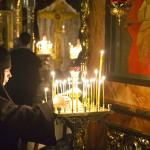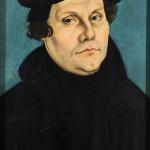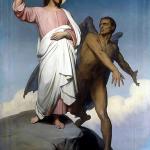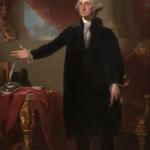Washington D.C., Nov 1, 2017 / 11:53 am (CNA/EWTN News).- Catholic and pro-life groups are welcoming the Senate's confirmation on Tuesday of Amy Coney Barrett to the US Court of Appeals for the 7th Circuit. Barrett had faced hostile questions about her Catholic faith during her confirmation hearing. “Amy Coney Barrett will make an excellent judge and we welcome her confirmation despite unprecedented and unconstitutional attacks on her faith,” Ashley McGuire, senior fellow with The Catholic Association, said Oct. 31. “Catholics were alarmed by the anti-Catholic bigotry on display from Democrats during her hearings, but her confirmation is a testament to the enduring constitutional principle that there can be no religious test for office.” President Trump's nominee was confirmed by a 55-43 vote, largely along party lines. Barrett, a professor at Notre Dame Law School, was pointedly questioned by Democratic senators on the Judiciary Committee in September on how her Catholic faith would influence her decisions as a judge on cases of abortion and same-sex marriage. Sen. Dianne Feinstein (D-Calif.), ranking member of the committee, told Barrett outright that her Catholic beliefs were concerning, as they may influence her decisions as a judge on abortion rights. “I think in your case, professor, when you read your speeches, the conclusion one draws is that the dogma lives loudly within you. And that’s of concern,” Feinstein stated. Reacting to Barrett's confirmation, Americans United for Life said it is “especially encouraged,” and added that her scholarship has “demonstrated her dedication to preserving the originalist legacy of her former boss, the late Justice Antonin Scalia.” Pro-life group the Susan B. Anthony List also welcomed the confirmation, calling it “a victory for the pro-life movement as well as for the fundamental freedom of all Americans to live out their faith in the public square.” SBA List's president, Marjorie Dannenfelser, added that “We thank President Trump for keeping his promise to nominate judges who will respect the Constitution and not impose a pro-abortion agenda from the bench. We also thank Leader McConnell and Senator Grassley for their commitment to getting these excellent judges confirmed.” During her confirmation hearings Barrett repeatedly said that as a judge, she would uphold the law of the land and would not let her religious beliefs inappropriately alter her judicial decisions. She told Senator Chuck Grassley (R-Iowa) that “it's never appropriate for a judge to impose that judge’s personal convictions, whether they derive from faith or anywhere else, on the law.” In 1998, Barrett co-authored an article in the Marquette Law Review with then-Notre Dame law professor John Garvey, now president of The Catholic University of America. The article focused on Catholic judges in death penalty cases. Catholic judges, if their consciences oppose the administering of the death penalty, should, in accordance with federal law, recuse themselves from capital cases where a jury recommends a death sentence, Garvey and Barrett wrote. They should also recuse themselves from cases without a jury where they have the option of granting a death sentence, they wrote. During her confirmation hearing Barrett said she continues to uphold “that if there is ever a conflict between a judge’s personal conviction and that judge’s duty under the rule of law, that it is never, ever permissible for that judge to follow their personal convictions in the decision of a case rather than what the law requires.” Barrett has twice been honored as “Distinguished Professor of the Year” at Notre Dame, and had clerked for Supreme Court Justice Antonin Scalia. The Senate also confirmed, on Nov. 1, the confirmation of Joan Larsen to the US Court of Appeals for the 6th Circuit, by a 60-38 vote. Larsen is also a former clerk for Scalia, and her confirmation was also welcomed by SBA List. Read more


















